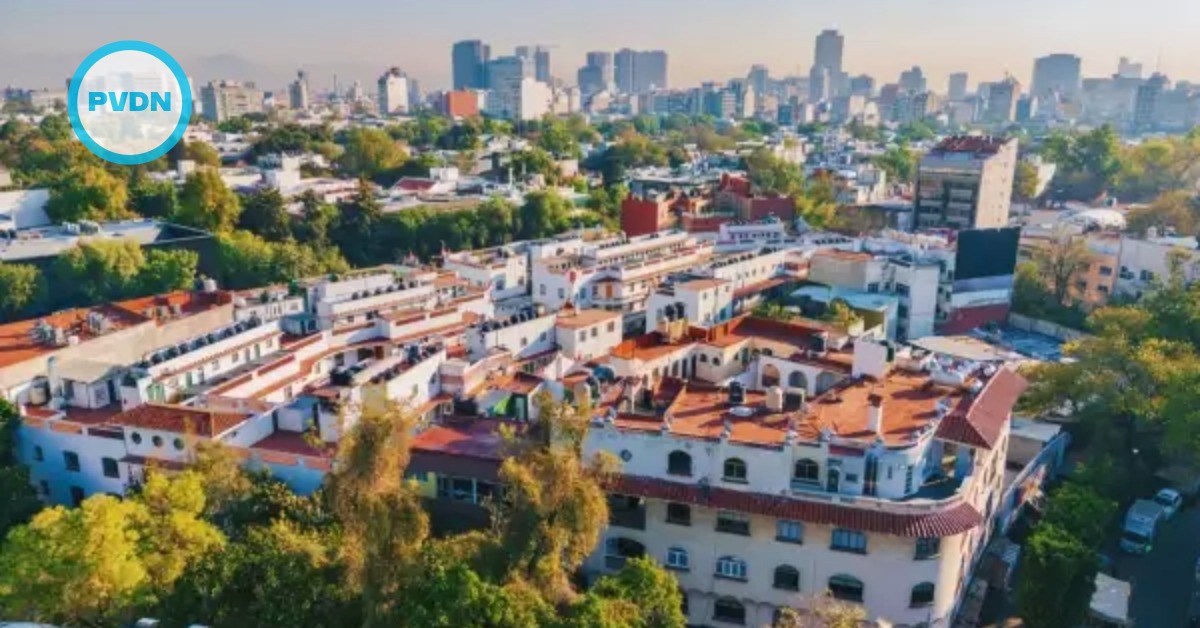Mexico has long been a good neighbor to the United States, and in more recent years a good ally – which is why it’s more than a little absurd that a false narrative about our relationship with Mexico contributed to shutting down the federal government last month, and threatened to do so again this week.
The two crucial unresolved issues in the partisan brinksmanship of the moment – quarrels over whether to provide permanent relief to the “Dreamer” young immigrants covered by DACA, and whether to fund the building of a border wall – reflect an underlying anxiety about trends in Mexico . . .






